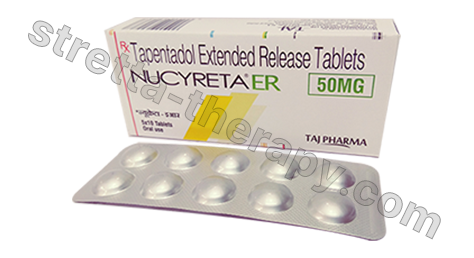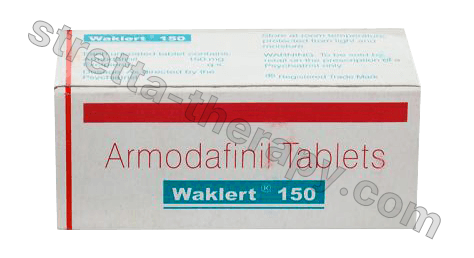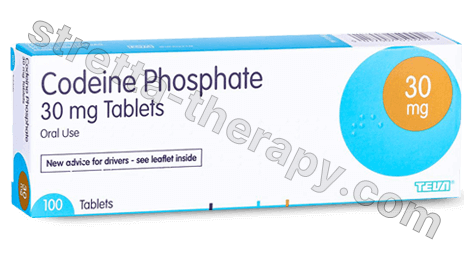-
Zopiclone
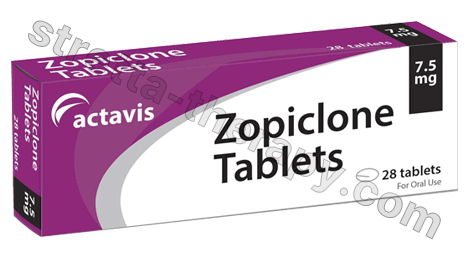 (3 Reviews)
(3 Reviews)From only €0.96 per pill
Zolpidem Tartrate
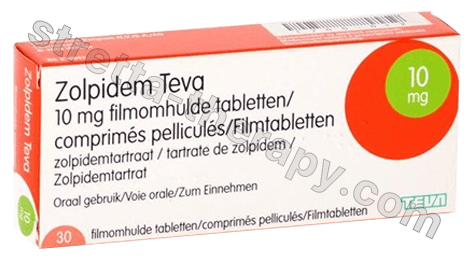 (1 Review)
(1 Review)From only €0.96 per pill
Eszopiclone
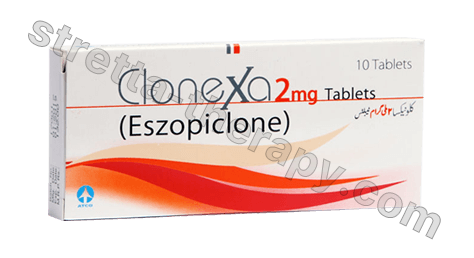 (2 Reviews)
(2 Reviews)From only €0.94 per pill
Nitrazepam
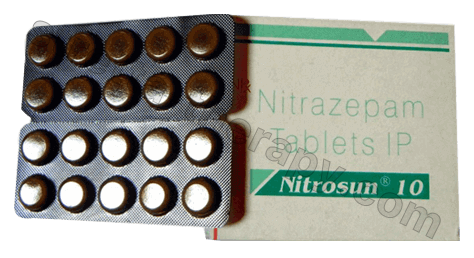 (1 Review)
(1 Review)From only €0.96 per pill
Zaleplon
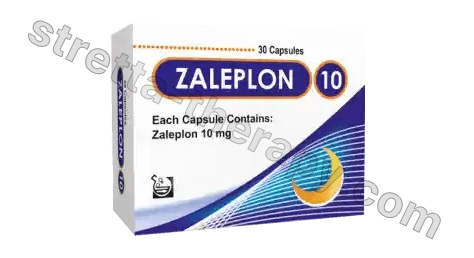
From only €0.96 per pill
Diazepam
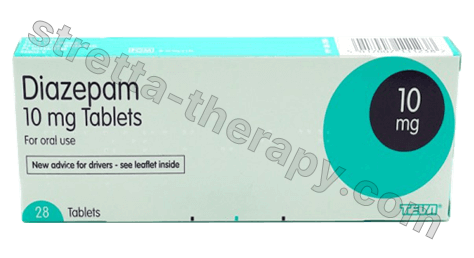 (3 Reviews)
(3 Reviews)From only €0.90 per pill
Alprazolam
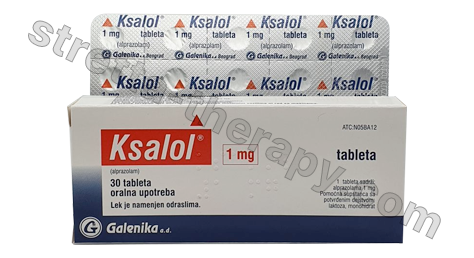 (3 Reviews)
(3 Reviews)From only €1.01 per pill
Clonazepam
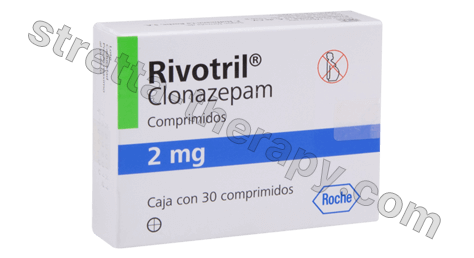 (2 Reviews)
(2 Reviews)From only €0.93 per pill
Lorazepam
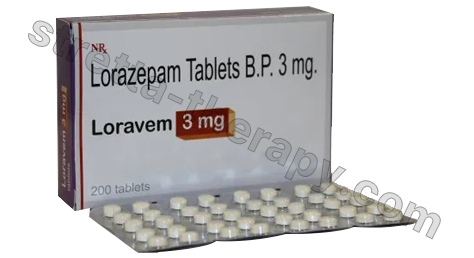 (2 Reviews)
(2 Reviews)From only €0.93 per pill
Etizolam
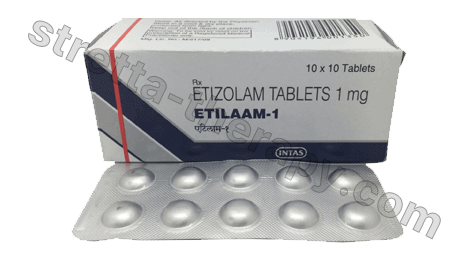 (1 Review)
(1 Review)From only €0.90 per pill
Pregabalin
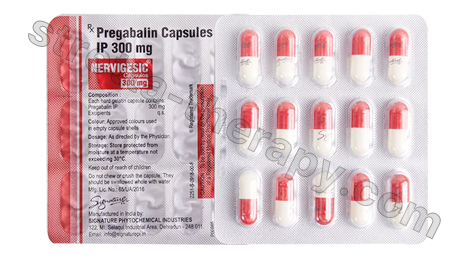 (2 Reviews)
(2 Reviews)From only €1.01 per pill
Gabapentin
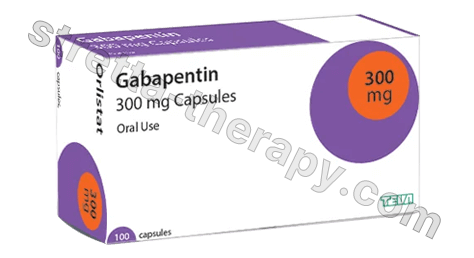 (1 Review)
(1 Review)From only €1.01 per pill
Tramadol
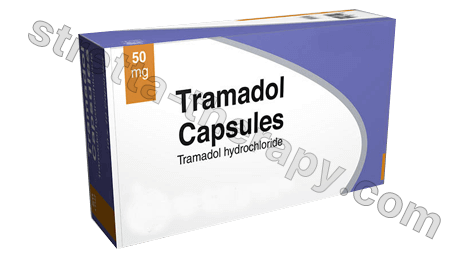 (2 Reviews)
(2 Reviews)From only €0.94 per pill
Amitriptyline
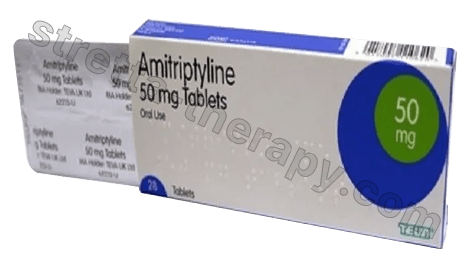
From only €0.96 per pill
Dihydrocodeine
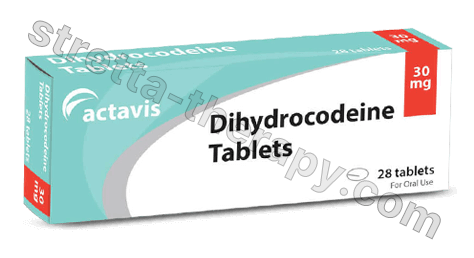 (1 Review)
(1 Review)From only €0.96 per pill
Co-codamol
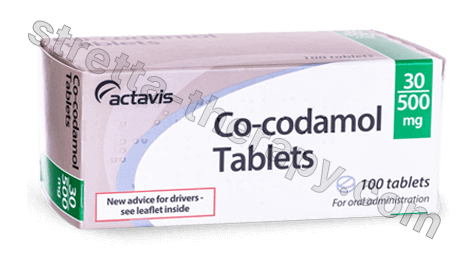 (1 Review)
(1 Review)From only €0.65 per pill
Modafinil
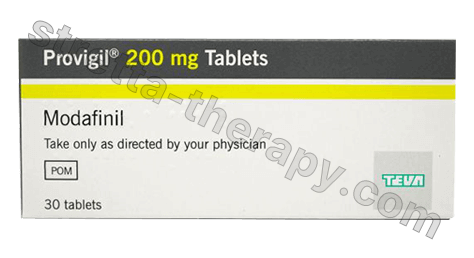 (1 Review)
(1 Review)From only €1.03 per pill
Why are we the Best Sleeping Pills Supplier?
![Best Sleeping Pills]()
-
Customer Support
Contact Us via Live Chat or email. We are available 24/7 to answer any questions you may have.
![Customer Support]()
-
Secure Transactions
Your personal and payment details are completely secure when you use our fully encrypted website.
![Secure Transactions]()
-
Customer Satisfaction
We offer a no-nonsense money back guarantee or free exchange in the event you are not entirely satisfied with your purchase.
![Customer Satisfaction]()
-
Quality Medication
All medication for sale on this website is FDA approved to ensure safe and effective treatment for our customers.
![Quality Medication]()
Customer Reviews
-
Excellent products & excellent customer service. The purchase was easy and seamless. Received my order in 3 days.
Lisa, Europe
-
I've been able to benefit from some fantastic special offers including 50% off for paying with Bitcoin, providing superb value for money.
William, Europe
-
The quality of the packaging is very good. I’ve never had any orders arrive damaged. Customer service have also been helpful.
Brucey, Europe
-
View all Trustpilot Reviews
What Are Sleeping Pills?
Sleeping pills are a range of psychoactive medications that can be used to treat sleeplessness and sleeping disorders such as insomnia. Insomnia is defined as the inability or delay in falling asleep, when someone repeatedly wakes in the night whilst asleep, or when someone wakes too early and is unable to get back to sleep. Many people who suffer from insomnia find that they feel tired after waking up. This sleeping disorder can affect between 10-30% of people around the world at any one time.
When people refer to sleeping pills, they generally are referring to pharmaceutical grade medications that are manufactured in laboratory conditions by large pharmaceutical companies. These products have been tested by independent regulatory bodies and confirmed to be both safe and effective enough to be suitable for use by the general population. You buy sleeping tablets either over the counter, on prescription or on the internet, depending on the medication in question and the circumstances. These medications are so effective, that in some countries up to 95% of insomnia sufferers are prescribed them.
Types of Sleeping Pills
There are some 'natural' medications that anecdotally people recommend for insomnia, such as certain supplements and extracts, however these have not had sufficient studies into their effectiveness and safety for us to recommend them here. For now, when we talk about sleeping pills, we will be talking about the medications made by official pharmaceutical companies that have been verified to work for the treatment of insomnia.
Regarding these, sleeping tablets can be split into two main categories. These two different categories are benzodiazepines and z drugs. They both have similar effects and work remarkably similarly but were discovered at different points in time and are recommended for different uses.
Whereas the former category of medications has been in use for years, and can be used to treat anxiety, epilepsy and insomnia, the latter were introduced into the market in the 1990's as an alternative known as cyclopyrrolones and are approved for insomnia only. In addition, the two are molecularly distinct from each other.
There is a common misconception that non-benzodiazepines (Z Drugs) are safer or more effective. The truth is that because they have been in use for a lesser amount of time and they are more modern, there have not been as many well-known scientific studies to compare their effects to benzodiazepines. It is now generally accepted that these two types of medication have similar effects and are equally as useful as each other.
Who Uses Sleeping Tablets?
Sleeping tablets are generally used by people who are looking to cure their insomnia. Although we talk about insomnia as if it is one condition, there are actually several categories of insomnia that can be present for completely different reasons.
Chronic insomnia, or long-term insomnia, is characterised when someone suffers from some form of sleeplessness more than three times a week, for at least three months. Chronic insomnia can be present for many reasons, such as:
- Anxiety. When we are anxious, we struggle to fall asleep. In situations where anxiety is the reason behind the insomnia, often benzodiazepines are prescribed by doctors, and it is recommended that the sufferer practices methods of controlling the anxiety, such as deep breathing exercises.
- Persistent nightmares
- Certain medications
- Physical or neurological issues
Acute insomnia, or short-term insomnia, is when the sleeplessness is present for less than three months or if it occurs less often than three times per week. Acute insomnia is usually due to a specific life event and is present while the body or mind adjusts. Reasons for this type of insomnia can be:
- Loss of a job
- A bereavement
- A relationship break-up
- Withdrawing from drugs or alcohol
In addition to the above, insomnia can also be categorized in another way - primary insomnia or secondary insomnia. Primary insomnia is when the sleeplessness is related to events in your life, or anything that is not linked to a health condition. Secondary insomnia is sleeplessness that stems from physical or mental conditions.
There is not one specific type of person who would look for sleeping pills. Some studies have found that as many as 16 million adults suffer from this sleep disorder. In addition to this, two thirds of adults suffer from some type of disrupted sleep. It would stand to reason then that a large proportion of these would be taking strong sleeping pills to help treat their sleeping issues.
Benefits Of Sleeping Pills
Insomnia can often seriously impact the lives of those who suffer from it. Every part of your life is affected by a lack of sleep. The benefit when you buy sleeping tablets is that they work instantly to provide relief and allow the user to continue with their life.
Sleeping pills not only decrease how long it takes to fall asleep, they also massively reduce the amount that you wake up in the night and how soon you wake up in the morning. Because of this, the general quality of sleep is greatly increased.
Because sleep is so important, gaining more sleep improves many areas of the insomnia sufferer's life.
- It allows people to concentrate and focus more, which increases success and progression at work.
- It also makes people less irritable. This helps to improve relationships with their partners, friends, and family.
- Finally, sleep gives us more energy. Having more energy allows us to pursue interests outside of work, which increases happiness and work-life balance.
From reviewing the above, it is no wonder why people look to obtain sleeping tablets online, to improve almost every aspect of their life.
How Do Sleeping Tablets Work?
As previously mentioned, there are two different types of sleeping tablets, benzodiazepines and z drugs. Even though they are two distinct types of medication in their development, the way they affect our biology is identical.
These medications work by enhancing the effects one of the brain's major neurotransmitter, gamma-aminobutyric acid (GABA), which is responsible for increasing sleepiness. It does this by attaching itself to receptors in the brain, changing the shape of the GABA receptors which allows them to bind to the GABA more effectively. This slows the central nervous system, which is responsible for functions such as breathing and heart rate.
How To Take Sleeping Tablets
Before you buy sleeping tablets, you should always check the dosage instructions first. Generally, it is recommended that you take one tablet roughly 30 minutes before bedtime, swallowed whole with a glass of water. If you do not need to take an entire tablet, you should take half, as often people do not realise how strong sleeping tablets can be.
It is not recommended for these medications to be taken with a heavy meal, as it can affect the absorption of the active ingredient, however eating a small amount before taking the medication can help to reduce some side effects. You should never exceed the recommended or prescribed dose of the medication, as this could increase the risk of adverse reactions.
Sleeping Pills Have Side Effects
As the title notes, people can experience side effects after obtaining sleeping pills online. However, it is rare for them to occur - estimates are that they only affect up to 10% of users. In addition, the side effects are usually mild and resolve themselves quickly. The following are some of the more common side effects that could occur:
- Nausea - people can occasionally feel nauseous; however, this side effect is reduced if the medication is taken alongside food.
- A bitter taste in the mouth
- Headaches
- Dizziness
You should always consult with a doctor before you buy sleeping pills, so you can rest assured that it does not interfere with any existing medication that you are taking and does not worsen any conditions that you have. It is also important to not drink alcohol while taking this type of medication, as they are both central nervous system depressants, which can lead to increased effects and therefore increased side effects.
What Are The Best Sleeping Pills?
It is not up to us to say which are the best sleeping pills, as some will work better for some people and some people will prefer others. However, the following are just a few of the more popular choices if you are looking to buy sleeping pills:
- Nitrazepam - If you are looking for strong sleeping pills, then look no further. This medication has been in use since 1965 and is renowned for its powerful effects. It is also known for its anti-anxiety properties and effectiveness in treating seizures.
- Zopiclone - This is commonly known as one of the best sleeping tablets. It is often prescribed by doctors for insomnia. It was created in the 1990's and has been gaining popularity ever since.
- Zolpidem - Also known as Ambien, this medication is extremely popular. If you are looking to buy sleeping tablets, this would be a fantastic choice.
- Eszopiclone - This medication is the newest out of all the sleeping tablets on this list. Despite this, it was prescribed over two million times in 2017.
Are Strong Sleeping Pills Safe?
Any of the medications that we have been discussing are safe enough to be taken by the general population. They have been developed by large pharmaceutical companies and have gone through rigorous testing under laboratory conditions. Following this, they have then been approved for use.
There are certain groups of people who these medications may not be suitable for.
- Over 65-year-olds. As these groups of people are more prone to trips and falls anyway, the associated dizziness that can sometimes occur when taking this medication can make taking it quite risky. Therefore, doctors will often recommend that this group of people take a smaller dose than usual.
- Pregnant or breastfeeding women. Depending on the medication in question, taking sleeping pills may increase the risk of complications with the baby. Additionally, it can affect milk supply.
- People with kidney or liver disease. As these medications are metabolised in the kidney and liver, taking them can be more dangerous for people who suffer from these types of conditions.
Before You Buy Sleeping Pills Online
Before you look for sleeping tablets online, you should consider if you have considered other avenues which may help to treat your insomnia before you buy sleeping pills. There are alternative ways of getting to sleep which may not include medication. Although these may take more effort, and may not be effective straight away, there is some anecdotal evidence that the following methods may work somewhat:
- Regular exercise - some studies have found that exercising for a minimum of 20 minutes per day can result in less time falling asleep and fewer times waking up during the night.
- Sleep hypnosis and calming music - often a lack of sleep can be related to anxiety, and the thought of not being able to sleep can increase anxiety, which in turn can make it more difficult to sleep. By listening to sleep hypnosis and calming music, anxiety can be reduced which can result in increased sleep.
- Regular sleeping times - studies have found that by not having a regular sleep schedule, the circadian rhythm can be disrupted, which can make it more difficult to get to sleep. By keeping a regular bedtime, and only getting into bed at this time, it can train the body to fall asleep more easily.
Buy Sleeping Tablets Online!
If you are looking for sleeping pills online, then you have come to the right place. At our convenient online pharmacy, we can deliver a variety of sleeping tablets to any address within 4-7 working days.
We accept orders 24/7 and have a helpful team on hand to provide you with any advice you need about our array of cheap sleeping pills. Additionally, we do not require a doctor's prescription to order, so you can feel free to order the amount of genuine medication that you need at the lowest prices.
So do not delay in treating your insomnia today and thank you for visiting stretta-therapy.com.
Customer Reviews
DJamesHat… – Jun 29, 2022Always have had a consistent service. Along with quality made and packaged medication that has the desired affect.Samantah P. – Mar 29, 2022After discovering your site, I knew that my sleeping problems would soon be fixed. What i did not know is how fast they would be delivered...Great shipping! Many thanks!Add a review
Your email address will not be published. Required fields are marked *



